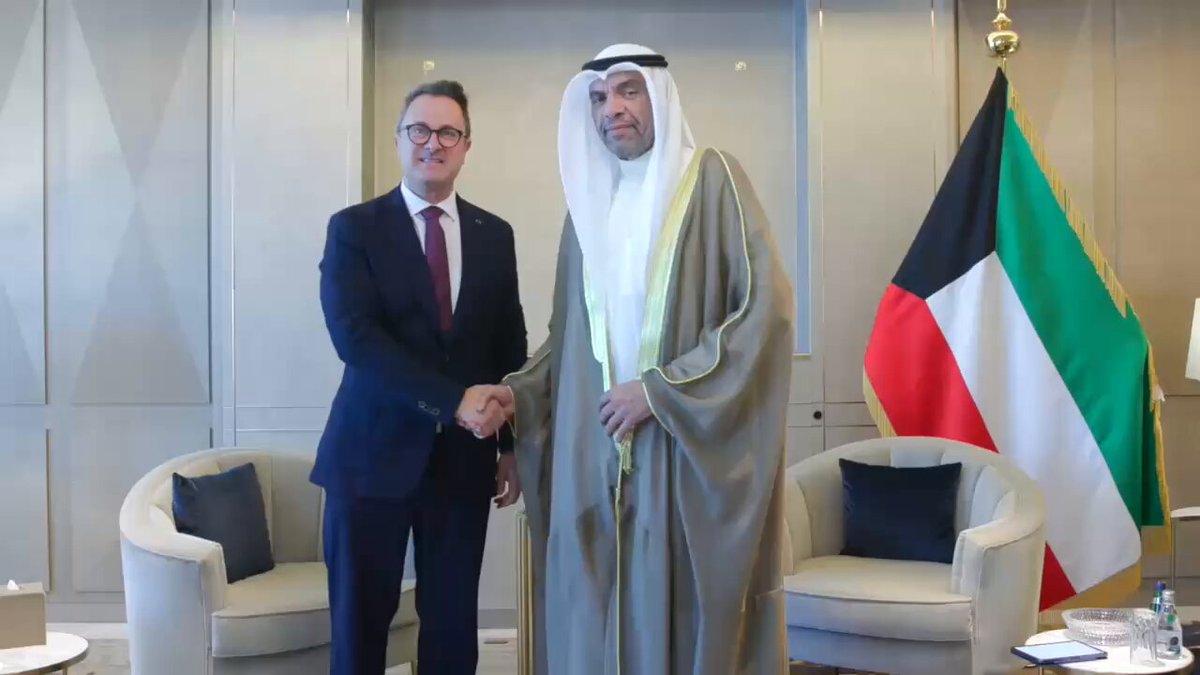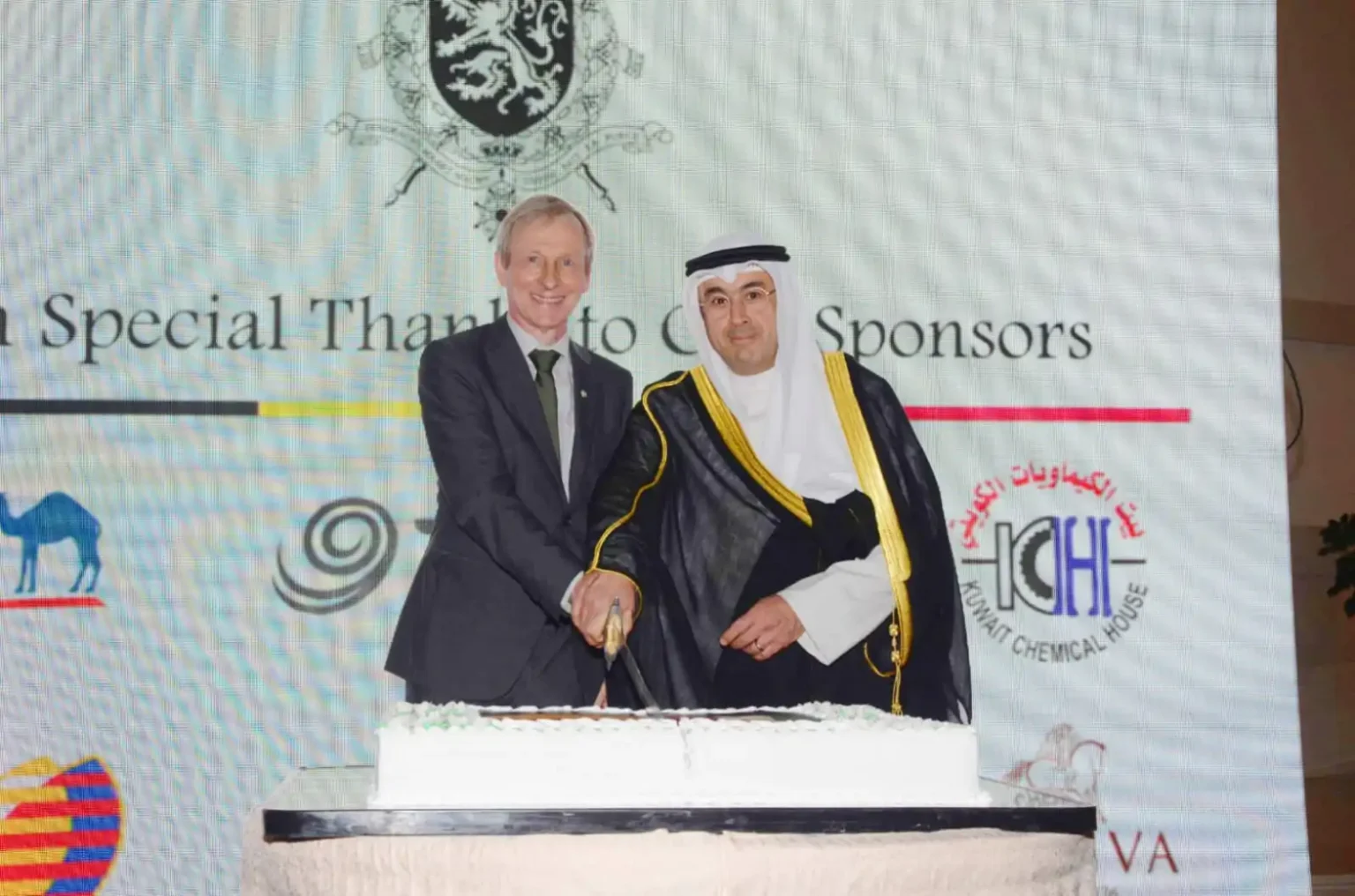Introduction
Belgium has officially announced its decision to close its embassy in Kuwait. This decision marks a significant shift in its global diplomatic strategy for 2025. This move is part of a broader Belgium diplomatic restructuring. It is aimed at reallocating resources. It will help in enhancing operational efficiency across Europe, the Middle East, and beyond. The decision has sparked discussions on its impact on Kuwait–Belgium relations.
Why Is Belgium Closing Its Embassy in Kuwait?
Belgium’s Ministry of Foreign Affairs has launched a strategic review of its global diplomatic network. It will lead to selective embassy closures, mergers, and redistributions of diplomats. The Belgium embassy Kuwait closure aligns with this broader initiative.
Key reasons behind the move include budget optimization and efficient resource allocation. It will help in shifting diplomatic priorities due to global geopolitical changes. It will help in strengthening operations in high-demand regions. The consulate will focus on the integration of digital consular services to handle routine matters remotely.
The closure is a signal of reform to modernize Belgium’s global diplomatic footprint.
 Impact on Kuwait–Belgium Relations
Impact on Kuwait–Belgium Relations
The officials have clarified that Belgium–Kuwait relations will remain intact. Diplomatic engagement will continue through Belgium’s embassies in neighboring countries. They will be supported by digital consular platforms.
Expected impacts include:
-
Consular Services: Belgian citizens in Kuwait may need to rely on regional embassies for visas, passport renewals, and authentication services.
-
Economic Diplomacy: Trade, investment, and energy cooperation will continue through alternative diplomatic channels.
-
Cultural Exchange: Programs may shift to virtual or regional formats but are expected to remain active.
A Part of Global Diplomatic Network Changes
Belgium is not alone in its diplomatic presence. Several European nations are reassessing their global networks. The reasons are rising geopolitical tensions, digitalization of consular services and financial constraints. The embassy closures 2025 is global diplomacy in regions where countries can maintain relations without physical presence
What This Means for the Middle East
Belgium’s updated Middle East diplomatic policy will focus on digital diplomacy and regional partnerships. The shift may include strengthening missions in Gulf countries with higher trade volumes. There will be increased collaboration with EU partners in the region. This initiative will expand the roles of regional ambassadorial teams.
Belgium’s decision is best understood as a modern diplomatic restructuring plan. It is a step toward a strong foreign affairs strategy aligned with global realities in 2025. By digitalization, Belgium aims to maintain strong ties with global partners.
Conclusion
The Belgium embassy Kuwait closure marks a notable development in European diplomatic trends. The physical mission will close its doors. The Belgium–Kuwait relations remain stable, supported by alternative diplomatic pathways and enhanced digital services. As nations continue to adapt their foreign affairs strategies. Such restructurings will likely become more common across Europe and beyond.





